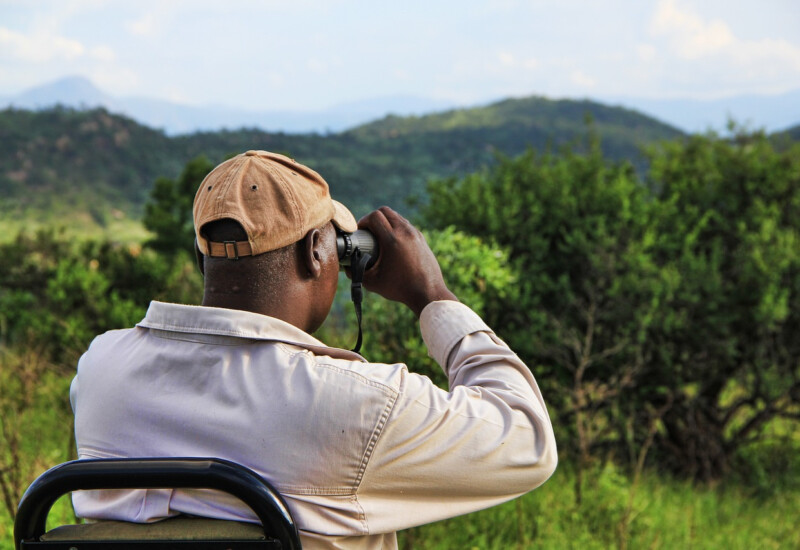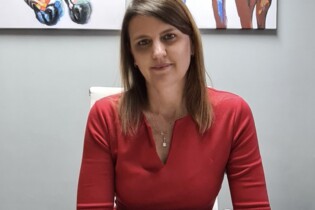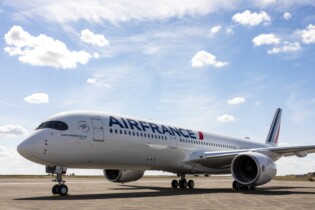The South African Tourism Services Association’s (SATSA) Gauteng year-end function, hosted at the Indaba Hotel, Spa and Conference Centre’s Tasting Room on November 14, featured insightful speeches from David Frost, CEO of SATSA, and Rachel Nxele, Vice Chair of SATSA and a Board Member of South African Tourism (SAT). The event marked the close of an eventful year for the tourism industry while highlighting current challenges and the outlook for the future.
Reflecting on recovery
Frost began by acknowledging the post-pandemic strain on the tourism sector, describing efforts as being relentless, with progress hindered by systemic issues. While international arrivals for South Africa from January to September 2024 reached 81% of 2019 levels, this figure has fallen short of expectations. Frost contrasted the nation’s recovery with the substantial gains of its African counterparts like Kenya and Tanzania, emphasising the need for strategic collaboration to enhance competitiveness.
“Things are getting worse, not better,” Frost admitted, urging the industry to “sharpen pencils and get on in terms of working together to solve it.” Despite these challenges, progress has been made in visa processes. SATSA has successfully lobbied to streamline visa requirements and limit applications to essential documents. The association is also advocating for the rollout of an e-visa system to further simplify travel. However, Frost stressed the importance of industry feedback to ensure these measures are effectively implemented.
Infrastructural shortcomings, particularly roads in key tourism regions, were identified as critical barriers. Frost proposed a public works programme to address these gaps while creating employment opportunities, drawing parallels to historical successes in economic recovery initiatives. He emphasised structured engagement between SATSA, SAT, and stakeholders to address inefficiencies and advance innovation.
Frost also detailed efforts to standardise contracts and health and safety protocols, aiming to reduce costs and improve compliance. A collaborative marketing approach was proposed, leveraging partnerships with global brands like Nando’s to target mid-market travellers.
In September, SATSA announced a partnership with Africa’s Eden – a move that is intended to strengthen these associations and provide greater benefits for their members.
Supporting responsible tourism
Rachel Nxele shared her journey into the tourism sector and her vision for a more inclusive and contextually relevant approach to responsible tourism. Reflecting on her role, she said, “I think I’ve found my home in this industry,” as she outlined her efforts to redefine South Africa’s tourism narrative. Aligning these efforts with local realities while meeting international standards will be key to this strategy.
Nxele praised ongoing collaborations with organisations like Fair Trade Tourism to standardise sustainable practices. She argued for solutions rooted in South African contexts, highlighting the impracticality of adopting foreign models. “To take on a European or an American context for solutions for South Africa or Africa as a whole is not actually viable or sustainable,” she emphasised.
Nxele also underscored the need for industry-wide partnerships, calling for more diverse representation in discussions to ensure all sectors, from adventure tourism to luxury lodges, are adequately supported. She reiterated the importance of a unified “whole South Africa” approach to tourism development, urging stakeholders to proactively participate in shaping the local tourism industry’s future.
“There’s no way we can do it without you,” she concluded.







